I’m not the first and I definitely won’t be the last to say that there is far too much (unnecessary) plastic packaging on foods. It’s everywhere! As soon as you step foot through the automatic doors in the supermarket it’s all you can see.
Can somebody please tell me why its necessary for a broccoli head to be sealed in plastic? And don’t get me started on the excessive plastic wrappers on stalks of celery.
Take a look at the press release below from the Australian supermarket, Coles; now they’ve got the right idea…
A Coles supermarket in Sydney has become the first Australian supermarket to run a zero waste pilot project where nothing will be sent to landfills, as one of several initiatives to help Coles meet its commitment to become Australia’s most sustainable supermarket, diverting the equivalent of 6 ½ shopping carts worth of waste that would typically have gone to landfills each day.
The purpose of the trial is to change in-store processes, put greater focus on source separation, and to partner with new facilities to use waste as a resource. This will mean more packaged and unpackaged food, cardboard, plastic, metal, glass, wax boxes, polystyrene and timber will be diverted from landfills.
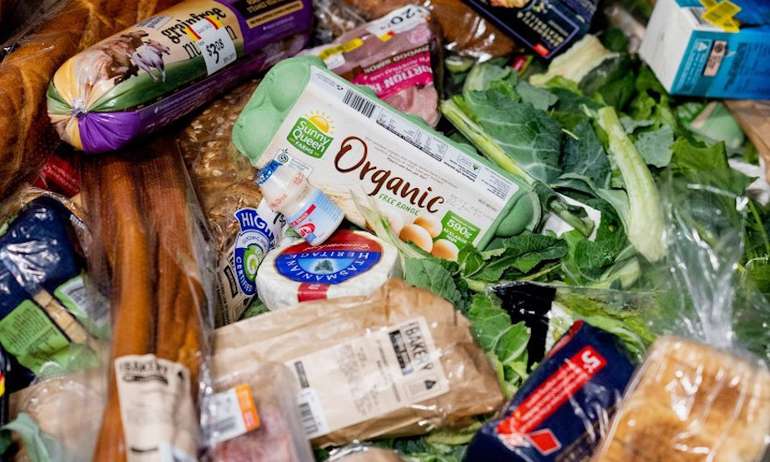
Coles Chief Property and Export Officer Thinus Keeve says the trial of a zero waste to landfill store will help Coles find new ways to reduce waste in stores.
Sustainable Supermarkets start with zero waste
“Waste management is a key component of the sustainability of any business and reducing waste is a very important issue for our customers,” said Thinus. “Everyone knows Australia has challenges in how we deal with our waste. That goes for everyone from households sorting their recycling to businesses like Coles. We all have a responsibility to play our part.”
The zero waste to landfill trial store will find new ways to recover residual dry waste such as mixed plastic and timber which historically has been the most difficult to divert from landfill.
Coles is partnering with Cleanaway ResourceCo to recover energy from this waste through the Cleanaway ResourceCo Recovery Facility (RRF) in Wetherill Park. The facility uses dry waste to produce Process Engineered Fuel (PEF), which is then used to offset the demands of heavy industry for fossil fuels.
Cleanaway’s Alex Hatherley, Regional Manager, Solid Waste Services NSW, said “This is a great solution for Coles stores that produce high volumes of mixed back-of-house plastics but want to achieve a zero waste to landfill goal.”
“Our facility is unique in its ability to divert commercial dry waste from landfills, recover recyclable materials and then convert the remaining combustibles to a sustainable fuel source, PEF.” Hatherley explained.
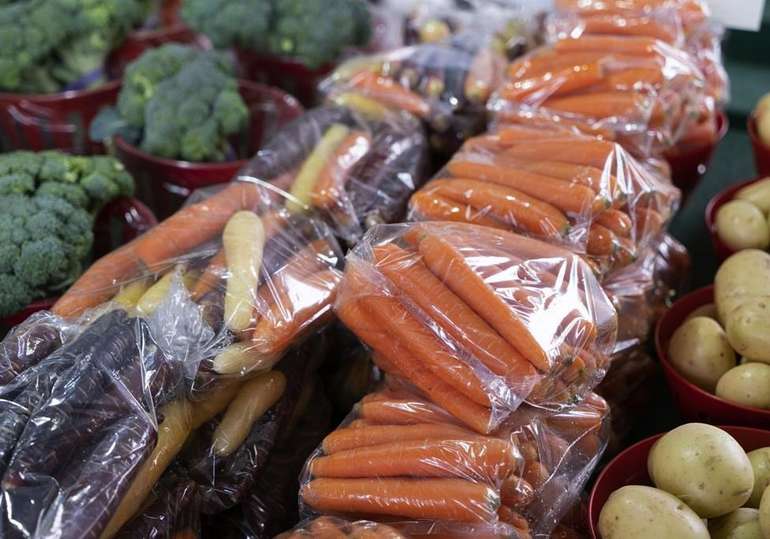
Doug Elliss, General Manager of the Cleanaway ResourceCo Wetherill Park facility said, “We’re playing a key role in Australia’s future sustainable energy mix by reducing waste that would otherwise go to landfill and lowering carbon emissions through production of a commercially viable sustainable fuel.”
Coles Group sustainability report
The trial comes as Coles Group has released its first Sustainability Report as a stand-alone publicly listed company which sets out Coles commitment to reducing its environmental impact including working towards diverting 90% of waste from landfill by 2022.
“At Coles, we are proud of our partnership with food rescue services Secondbite and Foodbank. Through our supermarkets and distribution centres we donated 12.5 million kilograms of unsold edible food to SecondBite and Foodbank last financial year -- the equivalent of 25 million meals for people in need,” Thinus said.
Repurposing out of date food as animal feed
“Many supermarkets also provide food waste directly to farmers to use as animal feed. These stores across our Coles network donated 13.8 million kilograms to farmers last financial year, an increase of 11 per cent.”
“But there is always more that we can do. Everything we can’t give to SecondBite we want to give to farmers to feed their animals, recycle into compost or convert to energy.”
“We were the first Australian supermarket to offer REDcycle plastic recycling in every store. We were the first Australian supermarket to sign a renewable energy PPA, which will see Coles sourcing 10 per cent of its national energy needs from three solar farms in regional NSW.”
“We are now the first Australian supermarket to attempt a zero waste to landfill store. Coles is passionate about driving generational sustainability with innovation that reduces environmental impact.”
Admittedly when I was a “youngster”, plastic packaging and waste wasn’t something I paid attention to, but let me tell you that now it’s one of my biggest pet hates. I personally go out of my way to pick as many organic, loose foods as possible, but I always struggle on certain products, especially when it comes to fruits, vegetables and items such as pasta. They’re always in plastic packaging.
Too much plastic packaging
It’s definitely not easy and can be frustrating trying to find what I’m looking for; there are barely any organic and plastic-free packaging options available in big supermarkets. If the product is organic, you can guarantee that it’s packaged in plastic (go figure!)
And don’t get me started on the huge price difference - I can fully understand why people choose the cheap, excessive plastic wrapped options - the extra cost for trying to ‘do the right thing’ can be to costly at times.
Having grown up in the U.K. but also having spent 2 years of my adult life living in North America, I can say that the two are pretty much on the same level when it comes to plastic packaging issues. Albeit, certain areas of North America where it's rural can be a little bit better due to having more accessible options to purchase fresh fruits and vegetables and some supermarkets like the Canadian chain Save on Foods (The Overwaitea Food Group) having the option to refill certain products (although this needs some major work to give more organic options imho).
We want North America to take a step towards zero waste
The bigger supermarket chains across the US and Canada need to take a page out of Coles’ book and get with the times. We want zero waste to landfill sites grocery stores too!
Now you know about the zero waste grocery store pilot in Sydney, Australia, learn more about waste reduction, growing food at home, composting, and other easy lifestyle changes to reduce your environmental footprint in these pages :
Find more about green home construction in the Ecohome Green Building Guide pages - also, learn more about the benefits of a free Ecohome Network Membership here. |
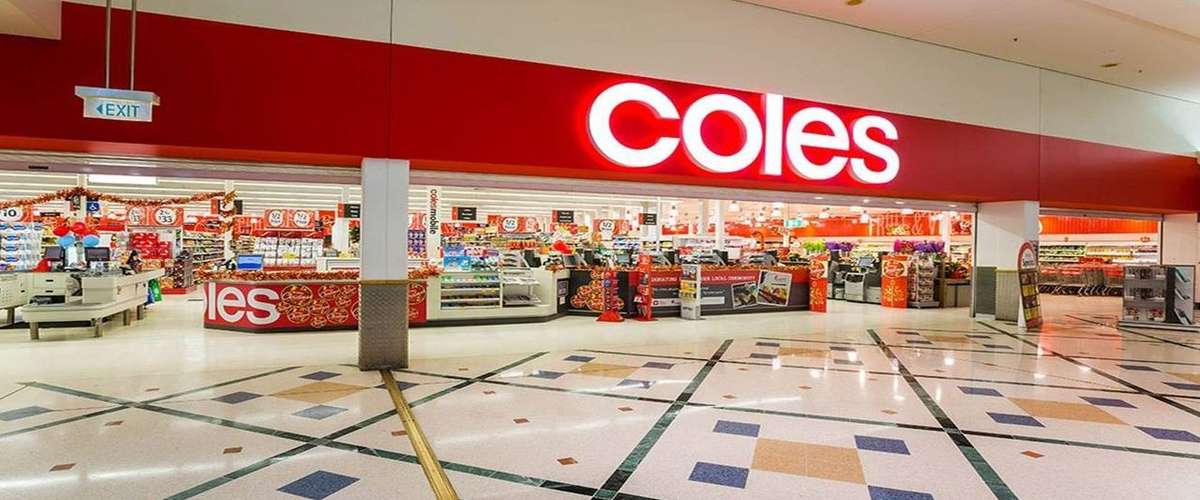








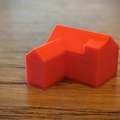







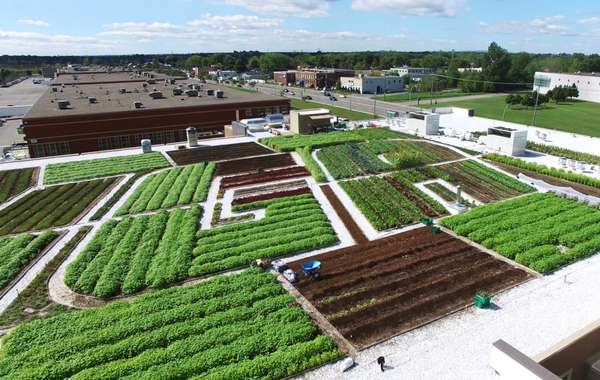
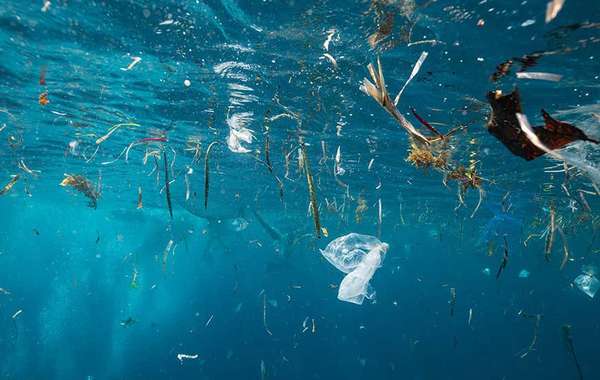


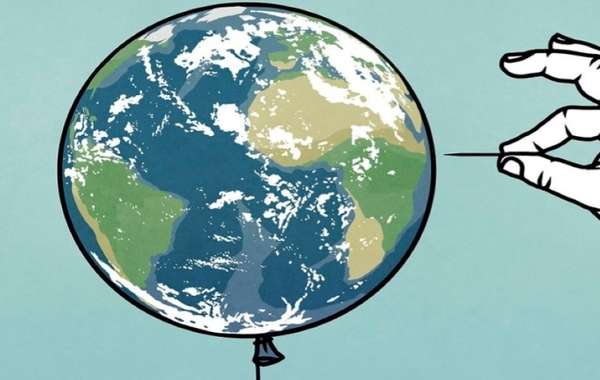

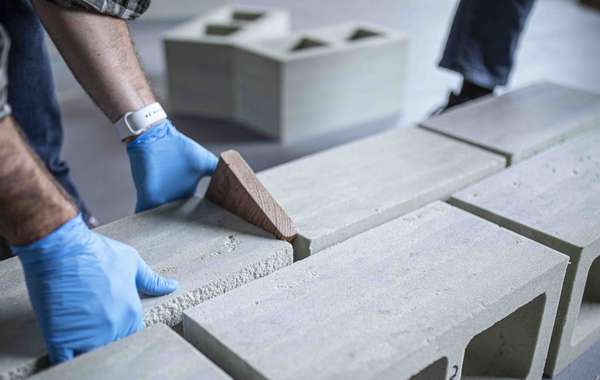

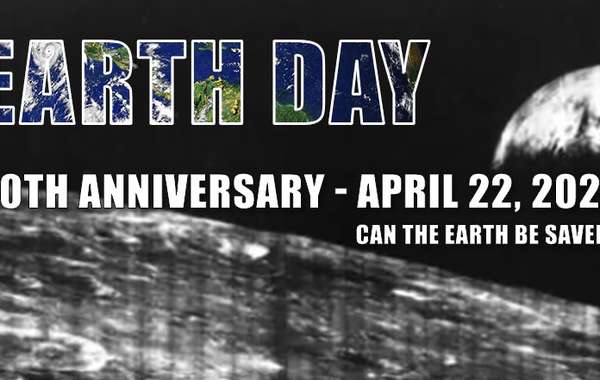
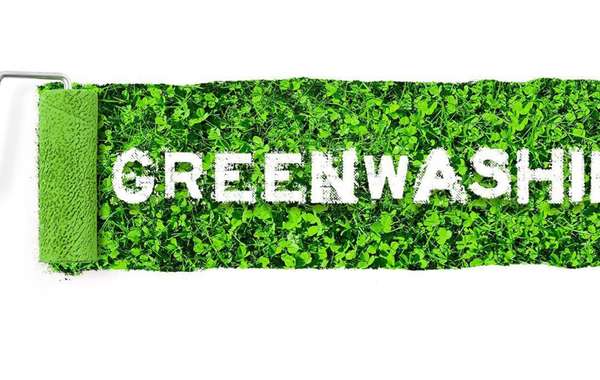
Comments (0)
Sign Up to Comment